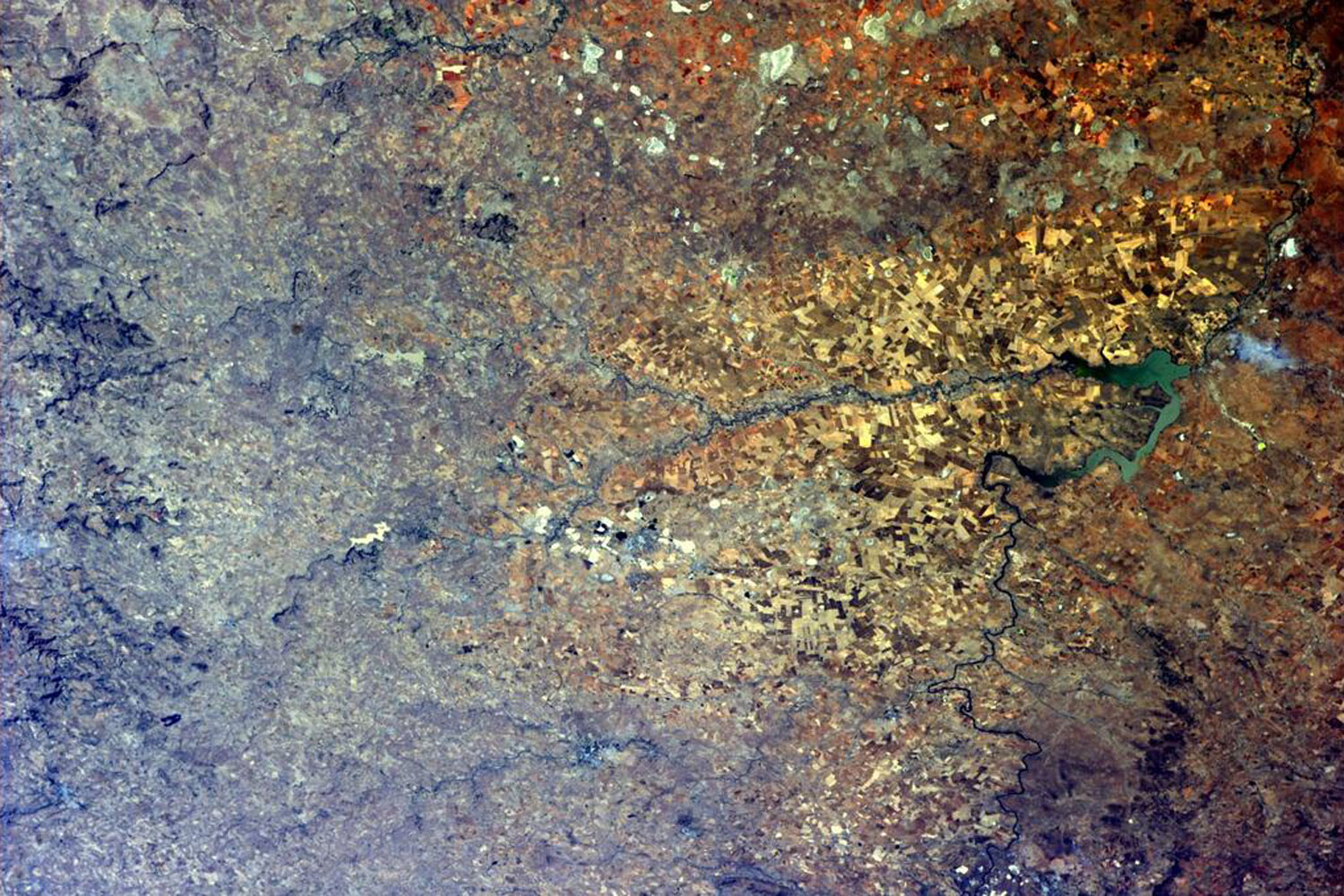Scientists have found evidence that life on earth may have blossomed 3.2 billion years ago, a challenge to the previous theory that the planet was a hostile climate until 2 billion years ago.
Researchers from the University of Washington studied ancient rocks and found indications that 3.2 billion years ago life was sucking an essential nutrient, nitrogen, out of the air and converting it into larger structures, according to a report published in the weekly journal Nature.
“Imagining that this really complicated process is so old, and has operated in the same way for 3.2 billion years, I think is fascinating,” lead author Eva Stüeken told UW Today.
Nitrogen is an essential ingredient for life, as everything from viruses and bacteria to complex organisms use the nutrient to build genes.
The process that makes nitrogen easier for organisms to use, called nitrogen fixation, did not emerge until 2 billion years ago. This led scientists to theorize that the earliest ecosystems were clinging on to an essentially uninhabitable planet, but the new study shows that may not be accurate.
“Our work shows that there was no nitrogen crisis on the early earth, and therefore it could have supported a fairly large and diverse biosphere,” said study co-author Roger Buick.
PHOTOS: This Astronaut's Images of Earth Look Like Beautiful Abstract Paintings











More Must-Reads from TIME
- Introducing the 2024 TIME100 Next
- The Reinvention of J.D. Vance
- How to Survive Election Season Without Losing Your Mind
- Welcome to the Golden Age of Scams
- Did the Pandemic Break Our Brains?
- The Many Lives of Jack Antonoff
- 33 True Crime Documentaries That Shaped the Genre
- Why Gut Health Issues Are More Common in Women
Contact us at letters@time.com